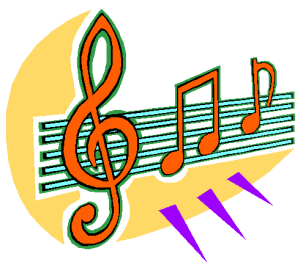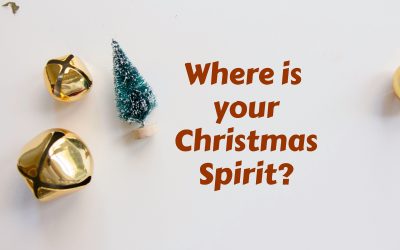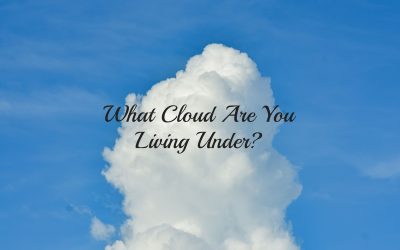Quick – what’s the last earworm you experienced? If you don’t know what an earworm is, it’s a catchy tune or song that continually repeats itself in your mind long after you last heard it.
Music has a powerful influence, doesn’t it? It can calm or excite us. Evoke long forgotten memories or create new associations. It can even cause us to purchase certain products. If you don’t believe me, try answering these questions: What was your wedding song? What emotions do you associate with it?
What was your wedding song? What emotions do you associate with it?
Complete this phrase: “I’d like to teach the world to sing….”
Or finish this television theme song:
“…Till the one day when the lady met this fellow
And they knew it was much more than a hunch,
That this group would somehow form a family….”
This one might make you hungry:
“Gimme a break, gimme a break, break me off a piece of that….”
And what child isn’t able to complete these lyrics:
“Sunny day, sweepin’ the clouds away.
On my way to where the air is sweet.
Can you tell me how to get, how to get….”
The power of music was understood long before the advent of radio, movies, or television. The 17th century English poet, William Congreve captured the influence of music when he wrote, “Music has charms to soothe a savage breast.”
Music is also a way we express worship. The Bible tells us to sing praises to God (Psalm 105:2) and to praise Him with instruments (Psalm 150:1-6). But what types of tunes and which instruments should we use?
Enter the worship wars. Traditional or contemporary? Praise choruses or hymns? Organ, piano, or guitar? And don’t even ask about drums!
Funny thing is, the lyrics of many of our traditional, cherished hymns were originally set to the secular, popular music of their day. Prolific 19th century hymn-writer Fanny Crosby did it. So did William Booth, founder of The Salvation Army.
Instead of arguing about the merits of various styles of music, let’s remember the first use of music before the creation of the world: worship and praise. If we’re struggling to do that, it might help to go back to this refreshing reminder of the impact of music on our lives:
“Jesus loves me! This I know,
For the Bible tells me so.
Little ones to Him belong;
They are weak, but He is strong.
Yes, Jesus loves me! Yes, Jesus loves me!
Yes, Jesus loves me! The Bible tells me so.
Sing that chorus alone or with a child…and experience the power of the music and the words as they reassure your heart.
For some fun in appreciating the changes in music styles, enjoy the beloved hymn, “Leaning on the Everlasting Arms,” sung across the decades:





Ancient Words has been in my head and in my heart these days.
Thanks, Ava. You quoted the song I first heard and believed at about age 3, “Jesus Loves Me” – a conviction that drew and held me to Christ and the church and also to the Bible, which “told me so.”
Music has the power to heal, comfort, connect, energize, and cross denominational lines, drawing us into the Body of Christ. For me, poetry also has that kind of power often coming with a musical line before I know the words. 🙂
Poets and writers who love music might “translate” its inspiration into words or, perhaps, new hymn lyrics and tunes. To encourage this thought, I’ll highlight this on the Christian Poets & Writers blog – http://christianpoetsandwriters.blogspot.com. God bless.
Oh, Penni – me, too! I find myself humming it often!
Miss you – and praying for your comfort.
Mary, love your additional thoughts.
Poetry is music without the notes!
A lovely reminder of how a particular tune stays around long after an event that going on;be it a church service, or a children’s program on television. I know I too at times have experienced this and yes its a way of keeping our mind on the words of something that is special to us. Music and singing has touched the hearts of so many to bring joy to their lives and health and healing to the mind, body, and soul.
Thank you, Maxine. It is a gift, isn’t it?!